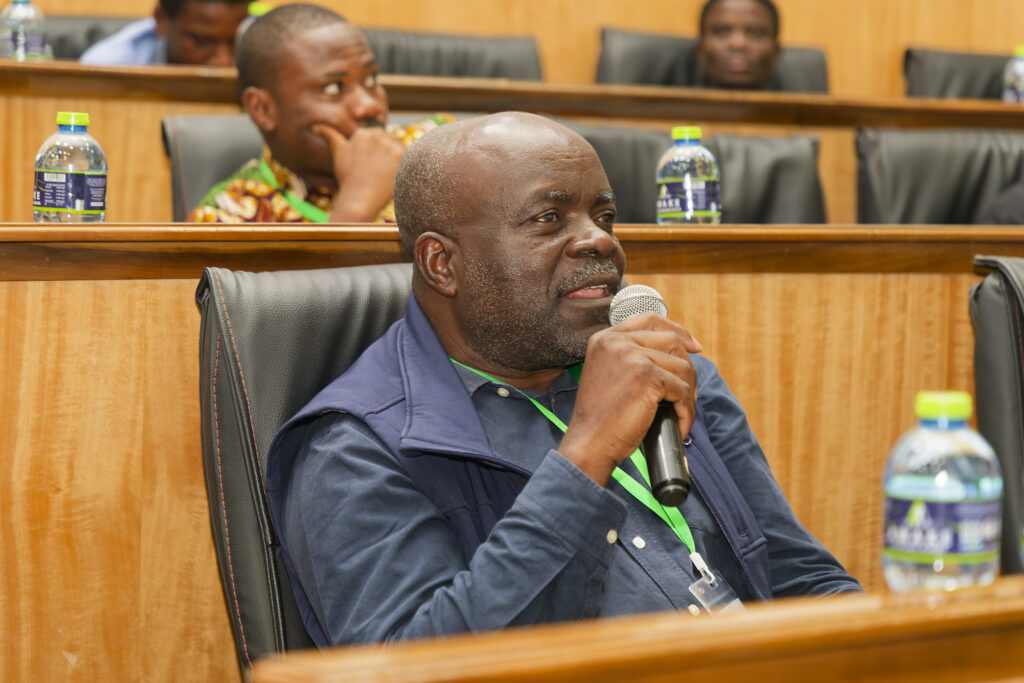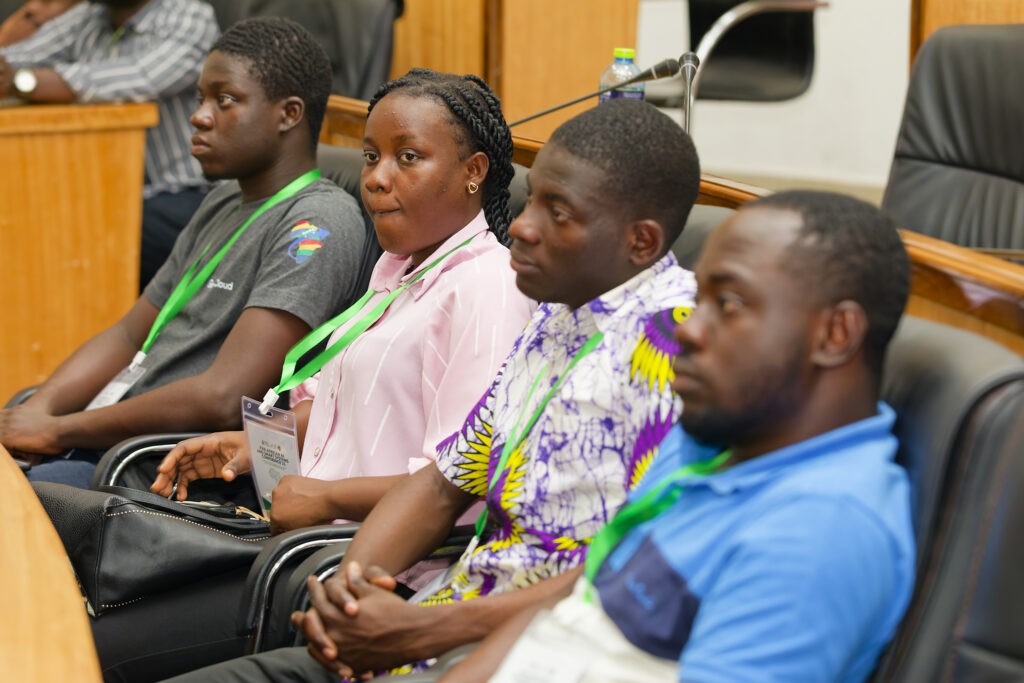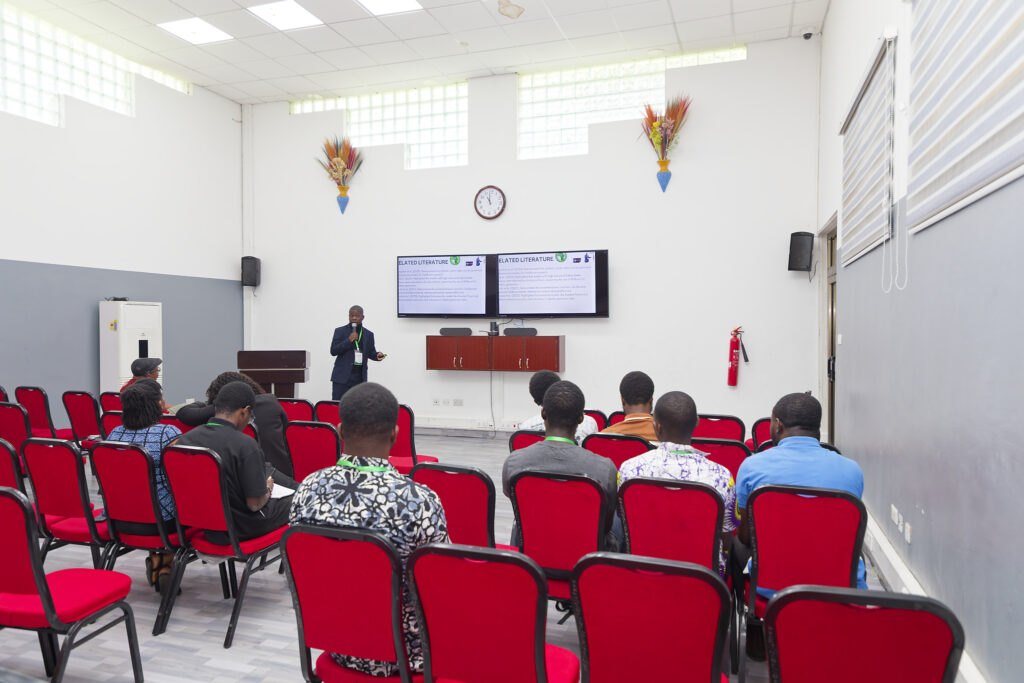The discussion on AI ethics and human oversight at the Pan African AI and Smart Systems Conference tackled the most pressing issues at the intersection of artificial intelligence and ethics. Under the theme “AI Ethics – An African Case Study,” and the probing question of “Algorithmic Authority vs. Human Oversight: Who Should Make the Final Call?”, experts Dr. Nobubele Shozi, Mr. Letlhogonolo Makhoane, and Ms. Thulani Mashiane ignited a crucial conversation for the continent’s future.
Prof. Thomas Ndousse-Fetter of Imhotep Geostrategic Innovations, USA, opened the session with a fundamental truth: for every action, there is a reaction. While AI presents a frontier of incredible invention and opportunity, it comes with a great price. The central challenge lies in defining the ethical framework that will govern its use.

The discussion immediately grounded itself in a critical concept: ethics is not universal. It was defined as a moral judgment, a way to discern what is good for the individual and the community. This varies significantly from place to place, a notion known as moral relativism. What is deemed ethical in one culture may not be in another, driven by diverse moral values and social structures.
This presents a unique challenge for Africa. The continent often lacks a conventional, unified framework for AI ethics, while simultaneously facing a global landscape marked by a “geopolitical war” for AI supremacy, exemplified by the USA and China. This dynamic can lead to importing external ethical models that may not align with African values, sometimes accompanied by a “superiority complex” that sidelines local perspectives.

A recurring theme was the significant lack of accountability and transparency in developing AI models. Who is responsible when an AI system fails or causes harm? The panel, featuring insights from legal and governance experts, strongly advocated for robust legal frameworks for accountability.
“We must hold both developers and deployers accountable,” highlighting the chain of responsibility. This is where data protection laws and regulatory standards become essential. However, the panel agreed that it goes beyond just policies. As Ms. Mashiane pointed out, “Everyone in the ecosystem should support the ethics process,” from the engineer writing the code to the end-user providing feedback.
The core debate of the panel was resolved with a clear and pragmatic consensus: AI should be seen as a decision support system, not a decision-making system.
This distinction is vital. In critical sectors like healthcare, AI can provide invaluable support in decision-making, analysing vast datasets to identify patterns and suggest options. But the final call must remain with a human. A feedback loop is essential, where human judgment, informed by context, empathy, and cultural understanding, reviews, validates, or overrides algorithmic outputs.
This human-in-the-loop model mitigates risk and ensures that technology serves humanity, not vice versa.

So, what do we need from Africans to build AI that will truly help us? The answer resounded throughout the discussion: collaboration over competition.
The path forward is not for individual nations or institutions to compete in isolation, but to build a collaborative Pan-African approach.
The panel concluded that the great price of AI innovation need not be paid in the currency of our ethical values or autonomy. By asserting a collective African voice, prioritising human oversight, and building accountable, transparent systems, the continent can harness the power of AI to shape its own destiny. The final call, unequivocally, must remain ours.